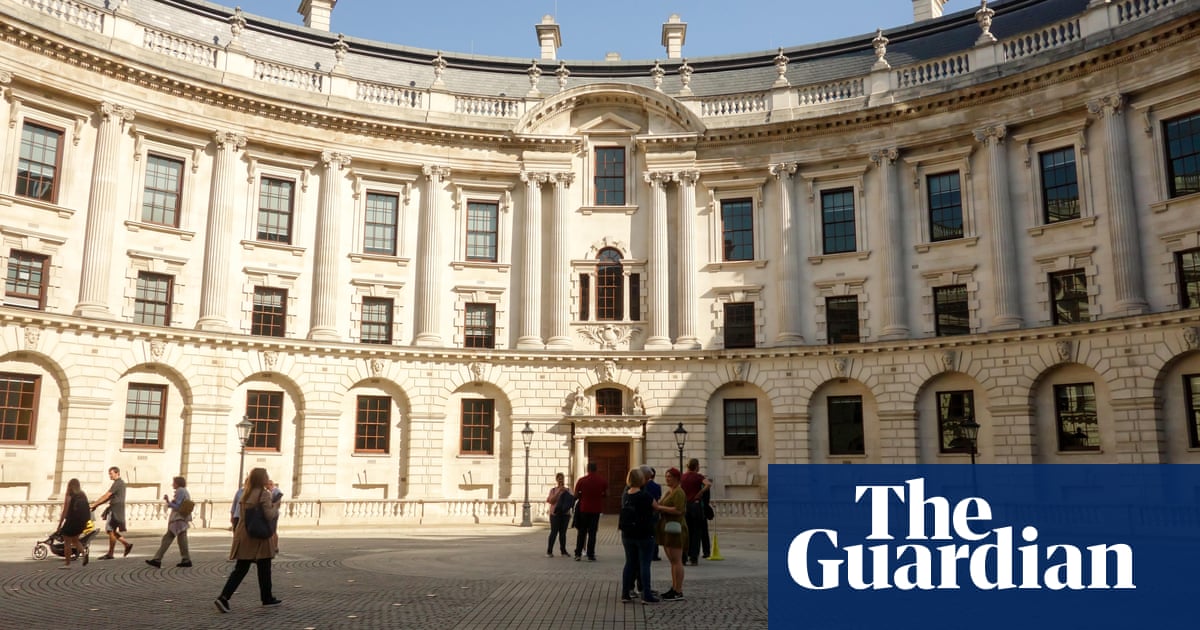
The Treasury is scrambling to complete 11th hour plans capable of softening a national cost of living crisis, including a £200 rebate on energy bills and more help for the poorest households.
No 10 and the Treasury have been under pressure from Tory MPs to act as millions of households brace for a record hike in energy bills from April, and the prospect of rising mortgage rates and tax increases.
With the Conservatives sliding in the polls and Boris Johnson under fire over parties in No 10 during lockdown, the prime minister and his chancellor Rishi Sunak met to stitch together a multi-billion pound package to address concerns about household bills.
Downing Street repeatedly refused to comment on Wednesday on the idea of a £200 discount on energy bills, backed by a £5.4bn plan to make loans available to energy suppliers which would be repayable over several years.
However, the measures are expected to be a major plank of the package due to be announced as soon as Thursday.
The Treasury is also understood to be considering a targeted approach to help the most vulnerable families by doubling the payouts from an existing winter fuel payments scheme and extending its reach to include more families.
Ofgem, the energy regulator, is to announce on Thursday morning a rise in the current cap on energy bills will bring steepest hike for default energy tariffs on record. This threatens to catapult the average home energy bill to almost £2,000 a year from April, from £1,277 over the winter, plunging millions into fuel poverty.
In an unprecedented move, Ofgem agreed to bring forward its scheduled announcement for the new cap on default energy tariffs from Monday to align with the Treasury’s plan to set out a series of measures to help ease the burden on families.
But fuel poverty campaigners fear the rescue package will fail to go far enough to help Britain’s most vulnerable homes. The “heat now, pay later” scheme would do nothing to help vulnerable people living in fuel poverty, according to a spokesperson for the End Fuel Poverty Coalition.
“[The] Ofgem price cap announcement, which will be somewhere between devastating and catastrophic for millions of people across the country, could very quickly wipe out any support these loans can provide,” the spokesperson said.
“The devil will be in the detail of what the government has cooked up, but unless there is sufficient support for the most vulnerable people, they won’t be able to disguise the reality of millions more people being forced into fuel poverty,” he added.
Households can also expect mortgages and other borrowing to get more expensive as the Bank of England tries to keep surging inflation under control.
The Bank is widely expected to signal a hike in interest rates on the same day as the energy announcement, dealing a double whammy to households paying off mortgages and other debts. Banks and building societies are expected to respond immediately by lifting variable rates.
Ministers and central bankers have been forced to act as households brace for the toughest squeeze on incomes in years. The official inflation rate reached 5.4% in December, the highest level since March 1992, driven by soaring gas and electricity prices and the higher cost of food and clothes.
Threadneedle Street has warned that inflation could peak at close to 6% by April, three times the 2% target rate set by the government.
The Treasury is under pressure to cool the growing concerns over a nationwide cost crisis by setting out a multi-billion pound cushion for hard-pressed families and businesses, many of which are still reeling from the economic fallout of the Covid-19 pandemic. However, Johnson and Sunak have resisted calls to scrap April’s controversial £12bn increase in national insurance contributions.
Citizens Advice has warned the government that, without action to support those on the lowest incomes, hard-pressed families would be pushed past breaking point.
In a “red alert warning” ahead of the expected energy price hike, the consumer group revealed that the number of people seeking one-to-one crisis support from Citizens Advice such as referral to food banks and advice on emergency one-off grants reached its highest level on record last month.
More than 270,000 sought one-to-one advice from Citizens Advice, and the charity expects numbers to rise once the energy price hike takes effect from April.
“Cost-of-living pressures are at boiling point,” said dame Clare Moriarty, the chief executive of Citizens Advice. “Frontline advisers are hearing desperate stories of families living in just one room to keep warm, people turning off their fridges to save money and others relying on hot-water bottles instead of heating due to fears about mounting bills.”
The consumer group said its data had reached “red alert levels” as the number of people supported with energy debts climbed to more than 8,000 for the first time, while the average energy debt climbed to a record £1,450, up from £1,330 in 2020.
“If the government doesn’t act soon and bring forward a package of support for those on the lowest incomes, many more households will be pushed beyond breaking point,” she said.












